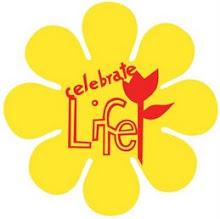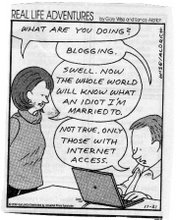A Gracious Hello - How We Communicate Is Changing

Back in the early 1970s, when I was stationed in Europe, the PvtRN and I exchanged hundred of letters and the occasional phone call. But mostly we wrote letters to each other. Phone calls were very expensive and it only cost 8 cents to mail a letter to Europe.
In the late 1970s, we exchanged letters with her parents, sending them in care of General Delivery to the towns on our route. We would write probably a letter a week. It was always exciting to go to the post office and get mail.
Phone calls were made about once a month or when we had some hot news. We made them from pay phones. The usual deal was to call the police department in the town and ask them to bring a message to the party to whom we wished to speak. Sometimes the police would only deliver the message if it was an emergency. Our garage burned down many times that summer.
We would leave the phone number of the pay phone we were by and await the call. Most payphones were outbound and inbound phones at the time.
Now, cell phones, internet access and email make exchanging information a lot easier. Some think the iPad may replace books.
I can't remember the last time I wrote a personal letter. My family and I keep in touch via our cell phones, email and our blogs.
I am on facebook and twitter. It seems that since I got on those two services, my blog posts have not been as frequent. Instead of writing an 800 word blog post, I distill it down to a pithy 140 characters or a sentence or two on a facebook news feed.
I discuss with my friends the 24/7 news cycle and how nuances get lost in the flow of information. I saw that in last Friday's coverage of Obama at the Republican meeting.
Nicholas Carr is a member of Britannica’s Editorial Board of Advisors and author of the forthcoming book The Shallows: What the Internet Is Doing to Our Brains, available this spring. He originally published this post with the FUTURIST magazine. Money quote:
Our eager embrace of a brand new verb — to text — speaks volumes. We’re rapidly moving away from our old linear form of writing and reading, in which ideas and narratives wended their way across many pages, to a much more compressed, nonlinear form. What we’ve learned about digital media is that, even as they promote the transmission of writing, they shatter writing into little, utilitarian fragments. They turn stories into snippets. They transform prose and poetry into quick, scattered bursts of text.









2 comments:
Yeah, it's kinda sad to see blogging reduced to a sound byte. I still prefer blogging over Facebook (I use them both).
I like it that many people write more often than they ever would otherwise using social media. And it's all the better that the writing is in short bits, since few people have the skills to write long pieces well.
Post a Comment